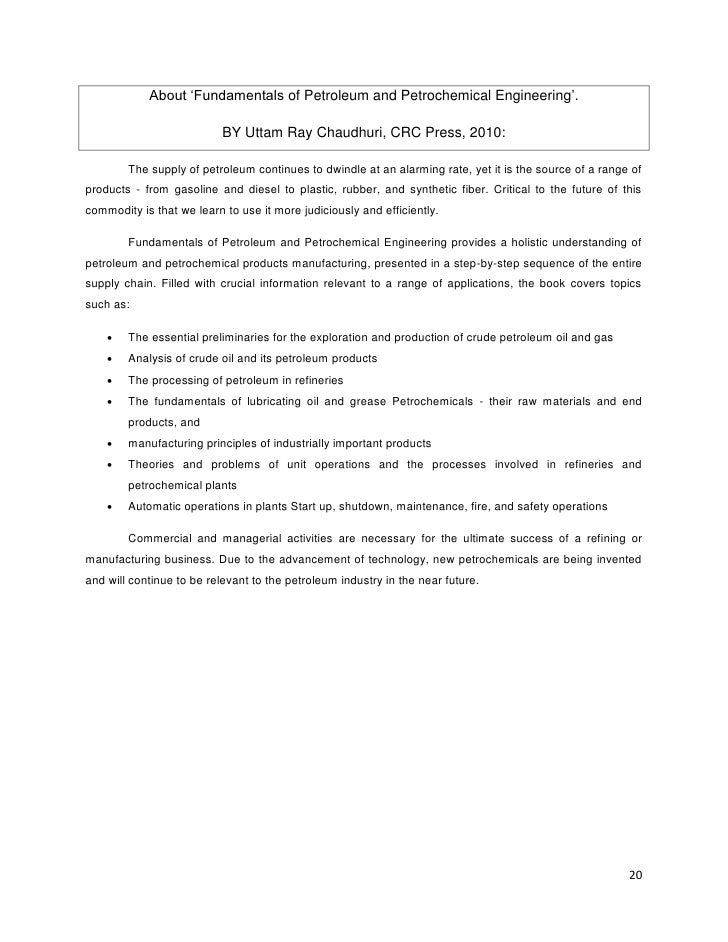At present, researchers are hoping to alleviate the US’s addiction to oil by reworking sawdust and wood chips into bio-oil. This thick black liquid might very effectively grow to be an environmentally friendly substitute for nearly all of our current petroleum products.
Bio-oil might be produced by using almost all natural materials, including agricultural and forest wastes like corn stalks and chunks of bark mulch. The method of adjusting the raw biomass into bio-oil produces a product that is simple and protected to transport and might be refined to yield high value fuels and chemicals.
“It’s technically possible to use biomass for the manufacturing of all the materials that we currently produce from petroleum,” said Professor Robert C. Brown, director of the Workplace of Biorenewables Applications at Iowa State University.
Currently, the United States has the ability to provide enough contemporary biomass, in excess of 1 billion tons per yr, to exchange roughly one third of the yearly petroleum use, in accordance with an April 2005 examine by the U.S. departments of Agriculture and Vitality.
Advocates advocate turning a large portion of that biomass, together with scrap materials presently consumed in power production, into bio-oil to assist relieve the USA’s dependency on foreign oil and to assist the slowing of world warming.
Biomass is changed into bio-oil utilizing a process called pyrolysis, where the organic supplies are finely ground and heated at four hundred to 500 levels Celsius, with out the presence of oxygen. In about two seconds, approximately 70 percent of the fabric vaporizes and is condensed right into a darkish liquid like espresso that incorporates a couple of hundred organic compounds.
Pyrolysis additionally creates gas, which is in turn used to gasoline the method, and a soot known as “char,” which is carbon wealthy will also be burned as gasoline or used as an organic fertilizer. This “char” will also be processed into charcoal filters or briquettes.
Recently the deal with world oil domination has prompted researchers to start new venture organizations that concentrate on this new opportunity. It has been an ongoing wrestle for many as they based their ventures when the oil industry was going strong with inexpensive course of and plentiful provides.
“Back then, there was not much curiosity in renewable vitality,” mentioned David C. Boulard, Ensyn’s govt vice president. So the company targeted on producing chemicals reasonably than fuels, and found success with meals flavorings particularly “liquid smoke.”
Ensyn now employs its patented expertise, Fast Thermal Processing, to create bio-oil that can be utilized as fuel. Moreover, resins used within the manufacturing of plywood and particleboard will be extracted from the bio-oil. There appears to be a limitless potential for more purposes.
Ensyn is planning to open its seventh bio-oil refinery summer season 2006.
 Canadian agency DynaMotive is producing bio-oil fuels that are economically competitive as a result of of the current spike in petroleum prices.
Canadian agency DynaMotive is producing bio-oil fuels that are economically competitive as a result of of the current spike in petroleum prices.
In its fundamental state, DynaMotive’s bio-oil can exchange gentle petroleum fuel oil for use in energy-era. DynaMotive can also be planning to supply automotive gas.
Bio-oil could be very totally different chemically even though it competes directly with petroleum primarily based merchandise. In comparison, it contains oxygen-wealthy elements. Bio-oil will be modified into a mix of carbon monoxide and hydrogen referred to as “syngas.” Syngas is then processed into a excessive-grade hydrocarbon gas, such as diesel.
Alternatively, the syngas could be teamed with steam to provide pure hydrogen. Iowa State’s Brown conjects that bio-oil gasification may very well be an environment friendly approach to produce giant quantities of hydrogen, that could be used as a serious vitality source.
DynaMotive is optomistic relating to syngas because the infrastructure is already established. Germany used gasification to transform coal into artificial diesel fuel during World Battle II. South Africa used artificial fuels as a substitute for petroleum imports during Apartheid. Gasification is being seen by many as a great way to reduce pollution from coal.
Last September, DynaMotive announced that researchers in Germany had efficiently converted its bio-oil into artificial gasoline using current gasification services and processes.

DynaMotive plans to seize growing concern over climate change and world oil domination right into a lucrative new market for its bio-oil. Some speculate that bio-oil market may very well be better than that of petroleum in the long run.
Leave A Comment